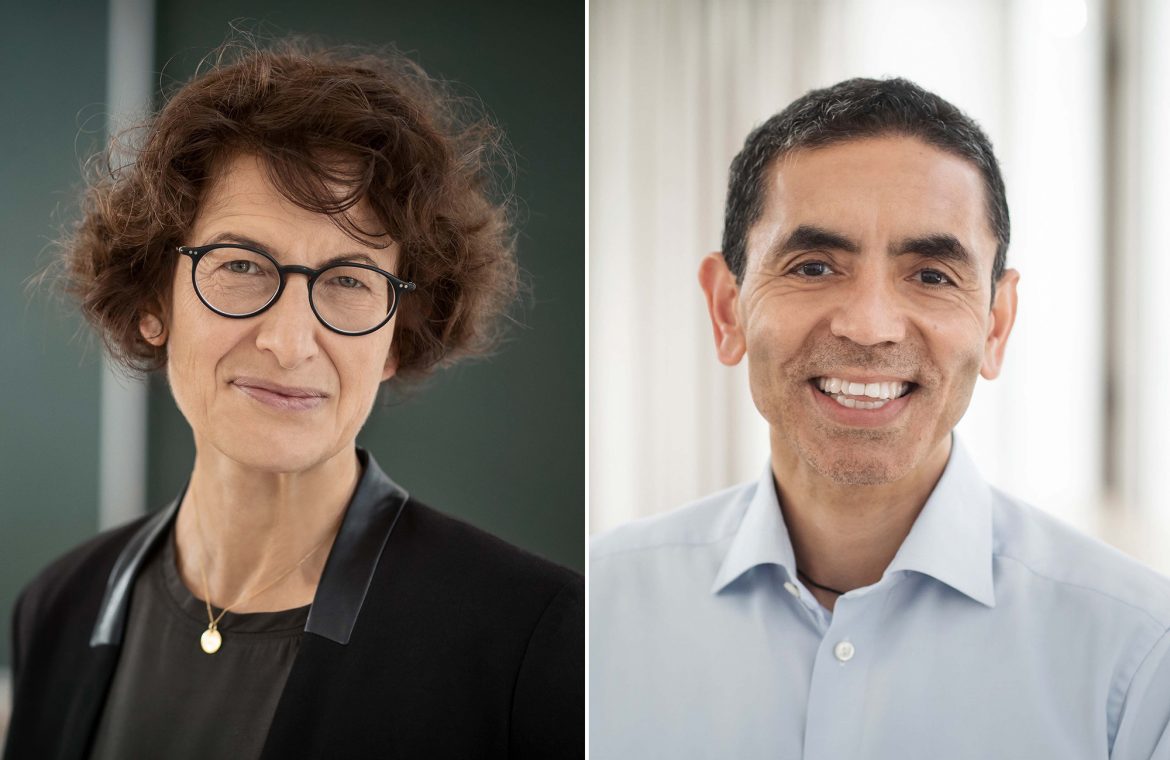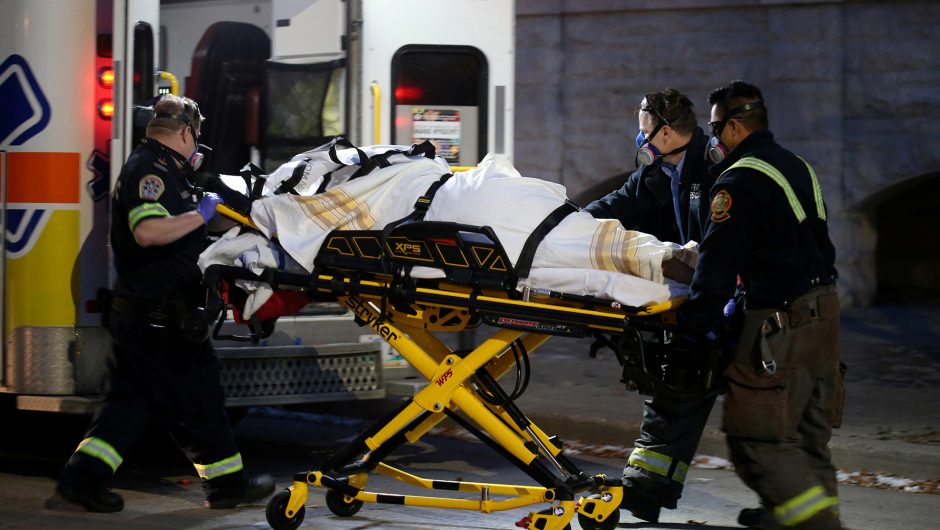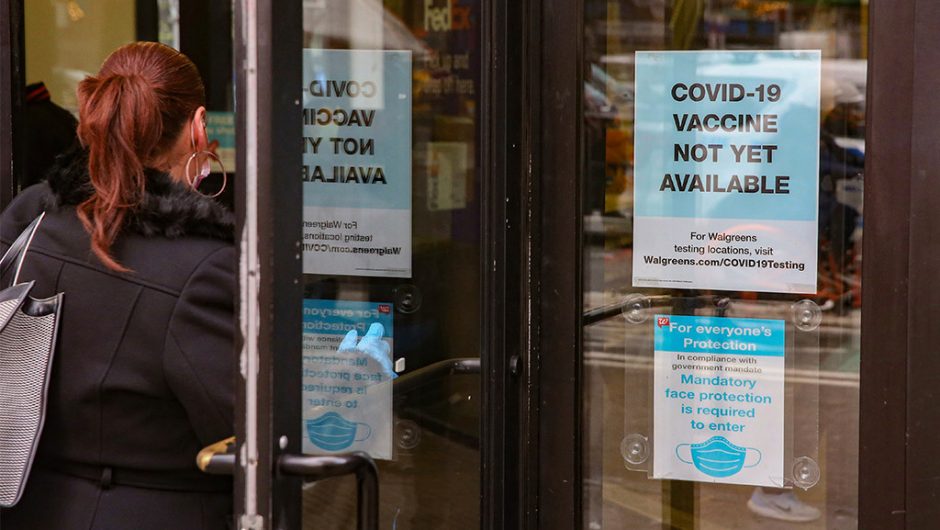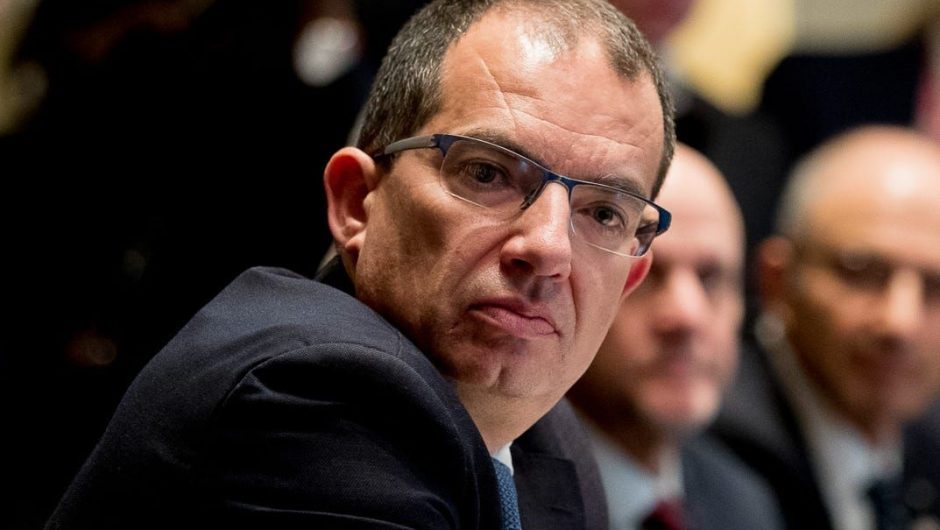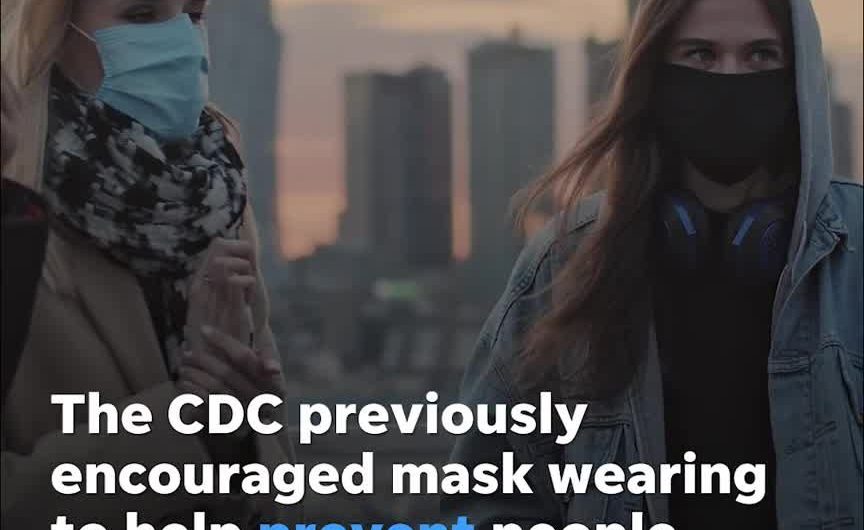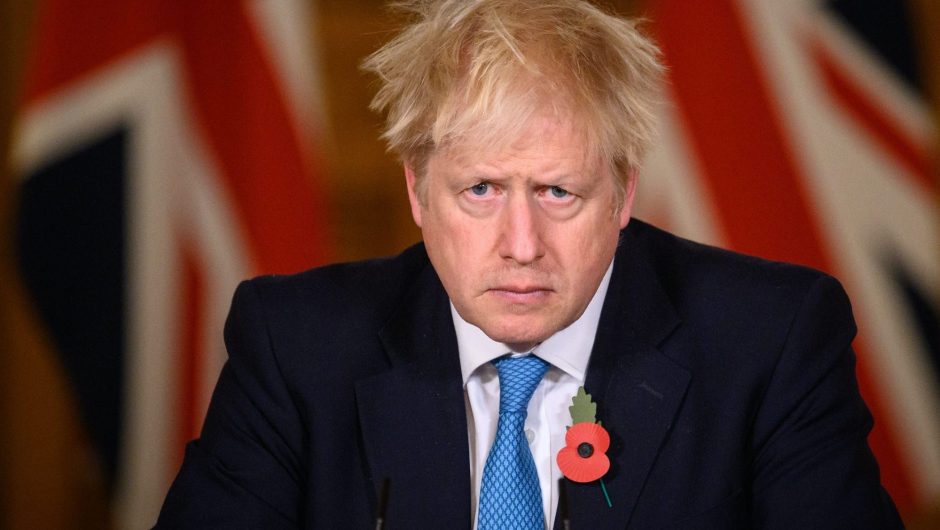Ozlem Tureci and Ugur Sahin are rapidly becoming the most celebrated marriage in science since Marie and Pierre Curie discovered radioactivity.
The German-Turkish couple are on the brink of claiming the first effective coronavirus vaccine but, like their predecessors, they ride everywhere on bikes, are not interested in the billions of dollars they could make from their discovery and are happiest working together in their white lab coats, even on their wedding day. Like Marie Curie, they are immigrants, their parents both came to Germany from Turkey as part of the guest worker program, and they may yet share a Nobel prize after their company, BioNTech — along with pharmaceutical giant Pfizer — announced Monday their COVID vaccine is more than 90 percent effective.
Dr. Sahin, born in Iskenderun, near the Syrian border, is the son of a car factory worker. Dr. Tureci is the daughter of a surgeon from Istanbul. They met at Saarland University in Homburg and have been collaborating ever since, though their obsession until this year was cancer medicine, and how to manipulate the immune system to eradicate tumors.
They conduct this interview in separate offices, one after the other, but it is clear this is very much a joint operation and they have huge admiration for each other. Their first company, Ganymed Pharmaceuticals, specializing in monoclonal antibodies, to help the body fight cancer, was eventually sold for $1.7 billion. Their second company, Biontech, based in their hometown of Mainz, built personalized cancer vaccines out of messenger mRNA to carry genetic instructions to cells. Vitally they also knew these methods could potentially work against a virus.
They were having breakfast on Jan. 27 when Dr. Sahin mentioned an article he had read in The Lancet about a strange new disease that appeared to be spreading in Wuhan. He had immediately understood the possible implications of a virus that was highly infectious and could also be asymptomatic. When he researched the air links between Wuhan and other cities, he realized that COVID-19 was likely to become a global pandemic.
The couple went into action, creating the Light Speed project, named because they were convinced they needed to act as fast as possible to prevent the world becoming devastated by the coronavirus. Pfizer, the US pharmaceutical company, helped with funding.
“The first decision was to use our mRNA technology for the pandemic setting. It is very versatile,” says Dr. Tureci. Soon 600 of their employees were focused on finding a vaccine. “We realized it might become a big threat. We talked about different scenarios and what has emerged is one of the more serious and frightening scenarios,” she says.
Their desire to find a vaccine, she explains, did not grow out of any competitive, financial or scientific impetus, but because they felt a “moral” imperative to help the world. “We have always needed to know the immune system very well. This is an expertise which makes it our duty to contribute now,” she explains. The team has worked in shifts night and day, ensuring that all its experiments could continue round the clock. “Many of us have not had vacations and have worked through the weekends, that is why we have been able to do it. We are available for different time zones too; we are in constant meetings with Pfizer in America and with our Chinese partner.”
The couple never contemplated defeat. “We have been in the innovation field for many years, we are habitualized not to think about the scenario that it might not work but rather to ensure that we address all potential flaws,” Dr. Tureci explains. “This very sober and scientific way of doing it allows us to stay away from the pessimistic mind-wandering mode.”
But they were still in new territory. “There are many steps which needed to be adapted. We have had new insights and digested them to build on the next step. You start with knowing nothing, just building hypotheses and then we saw later on we got all the effects we wanted … bits and pieces of information came together in these studies which we found encouraging and strengthened our belief we could make a difference.”
As soon as the trial results began to come through, they knew they were on to something. “I had not expected it to be 90 percent effective but after seeing the immunology data I thought we will have some sort of effect except if the virus is very different from what we have encountered.”
It is not yet clear whether people who have been inoculated can still pass the virus to others, even if they do not become ill themselves. “They might be infectious. As more trials come in we will learn more. In a pandemic the first goal and objective is to ensure that disease is prevented and there is some herd immunity.”
The vaccine has been tested on the elderly, the young and the vulnerable, she says. “They also have robust immune responses. We can’t for moral reasons expose people who are severely ill, but we have people who have cardiological disease, lung disfunction, cancer, diabetes, obesity.”
They won’t know for months how long the inoculations will last, or whether like flu jabs they will need to be updated. “We have day 80 now, and the immune response is stable and constant. That is encouraging.”
The vaccine must be kept at minus 70C for stability and is expensive at about $40 per treatment. “Normally when you are developing a vaccine, you will have seven to eight years to do the clinical development to optimize storage conditions. I would expect the expense to come down.”
More than 1.2 million people have already died from COVID-19. The objective is to develop herd immunity around the world. This would require people to overcome their concerns about the consequences of being vaccinated. Does she worry about the anti-vaxers’ fears?
“Our duty is to make sure our data is presented transparently for everyone to evaluate, to ensure that people can inform themselves about our and other vaccines,” she replies before insisting that the vaccine is safe and effective. “I would have it, I would get my family to have it.”
There have been reports that Dr. Tureci, now 53, wanted to become a nun, but she says science has always been her “high passion,” adding, “I think the most noble thing you can use science and technology for is to serve the people, that was my motivation.”
Her husband, Dr. Sahin, 55, joins the call and explains that his motives are similarly altruistic. “I am driven by curiosity, I am always asking questions, I want to understand how things work,” he says. “I work in a cancer hospital and I had to tell many patients that we can’t help them any more. As a scientist I knew that we are not doing everything that is possible so we need to do more. That’s what drives me on.”
They clearly love working together. “Each has their complementary skills and we try to synergize,” Dr. Tureci says. She logs off to go to her next meeting and Dr Sahin seamlessly takes over the conversation. “It really is a privilege to work together. You don’t need to explain every day why you are doing things. Her office is just one door down so if I have a good idea, I go next door and we discuss it and we don’t have always the same opinion.”
The search for the vaccine has, he admits, taken over their lives. “We talk at every opportunity,” he says, but they don’t resent the blurring of the boundaries between work and home. “At the end of the day it is also our passion. We are not important, it’s the task we are doing. We need to try everything and if it’s not sufficient then we have to accept that.”
They must feel the weight of the world’s expectations on their shoulders. “Of course it is a huge responsibility,” Dr. Sahin says. “What drives us is the knowledge that there are kids who want to have a normal life, there’s the mother, the teacher, the old person being isolated, there is so much need.”
But he insists that the pressure to get a quick result cannot be allowed to undermine safety. “We have to tick every box so there is no cutting corners,” he says. “Because we are fast we need to be even more diligent.” Waiting for the trial results was agonizing. “Curiosity and anxiety go from day to day.”
When Albert Bourla, the Greek chief executive of Pfizer, telephoned him on Sunday night to give him the early findings there was “an elongation of time” in the seconds before he told him that the vaccine was 90 percent effective in stopping the coronavirus. “The anxiety grew and then it was good. It was an extreme relief. It just means so much.”
What excites him most is the thought that the technology he and his wife have developed could be adapted for future viral outbreaks. “This pandemic teaches us that we need to be prepared even better. We are building new manufacturing facilities, so we could be even three months faster the next time. We need to come up with an international plan.”
Dr. Sahin worries that rich countries will buy up all the batches, leaving the developing world unprotected. “This was my concern from the very beginning … We are working on a next-generation vaccine where we might be able to further reduce the dose and thereby increase our manufacturing scale.” The wealthy should not be able to jump the line and pay to be inoculated privately, he insists. “At this stage it must be through governments … I assume that in the first quarter of 2021 we would have three, maybe five, companies which can supply vaccines and by the middle of next year there might be eight or nine companies.”
Dr. Tureci and Dr. Sahin are not looking to profit from their discovery, though their company is now valued at $26 billion. “Our need for money is just the need to have a normal life,” he says. “We do not have special needs. We don’t even have a car. A yacht would be impractical.”
They occasionally go on holiday to the Canary Islands, choosing an apartment near the sea. “Half the time we have a vacation and half the time our work continues so it needs to be an apartment with internet connection. I always say it’s great to have a vacation doing work.” Their flat, which they share with their teenage daughter, is modest. They toast their triumphs by brewing Turkish tea.
Dr. Sahin says the success of their research proves the benefits of a cosmopolitan exchange of ideas. “In our company we have people from more than 60 countries, our meetings even though we are located in Germany are always in English. We have people from Asia, Africa, the United States, England, around Europe, Turkey,” he says. “In science it does not matter where you are from, what counts is what you can do and what you are willing to do. This is a vaccine not only by Pfizer and Biontech, it is a vaccine by mankind because every single individual has their history and education. It just shows that if you are given a chance to, everyone can contribute.”
— This piece first published in the Times of London
Curriculum vitae
Ugur Sahin
Born in Iskenderun, Turkey. He is 55.
Education Studied medicine at the University of Cologne, where he also obtained a PhD.
Career Following an eight-year residency at the Saarland University Hospital, he joined the faculty of the University of Mainz in 2000, where he became a professor in 2006. In 2001 he and Dr. Tureci co-founded Ganymed Pharmaceuticals, which developed cancer immunotherapies and was purchased by Astellas Pharma in 2016. He is now chief executive of Biontech. In 2019, he was awarded the Mustafa Prize, a biennial Iranian prize for Muslims in science and technology.
Ozlem Tureci
Born Lower Saxony, Germany. She is 53.
Education Saarland University Faculty of Medicine, Homburg.
Career Having co-founded Ganymed Pharmaceuticals in 2001, she became its chief executive officer in 2008. She joined Biontech in 2008 as a clinical and scientific advisory board member before becoming chief medical officer in 2018. She is also chairman and co-initiator of Ci3 and president of the Association for Cancer Immunotherapy.
Family They married in 2002 and have one teenage daughter.
Quick fire answered by Dr. Sahin
Marie and Pierre Curie or Louis Pasteur? That’s very difficult. I would choose both.
Nature or nurture? Nature
Poetry or prose? Poetry
Bicycle or car? Bicycle
Nobel prize or a yacht? Nobel prize
Goethe or Shakespeare? Shakespeare


